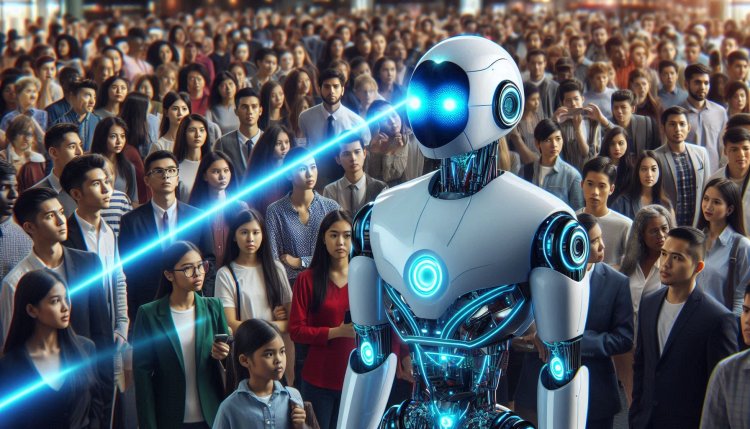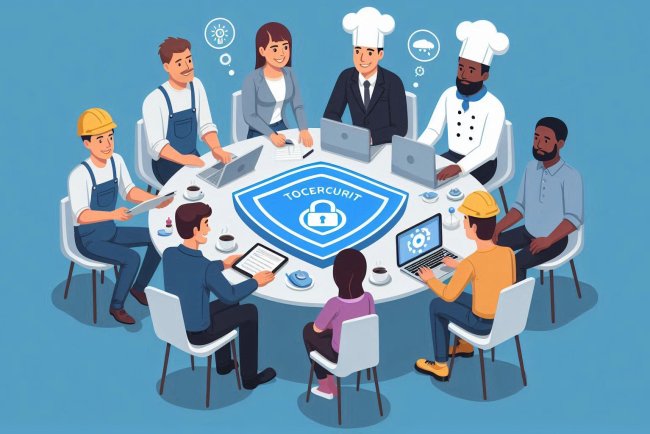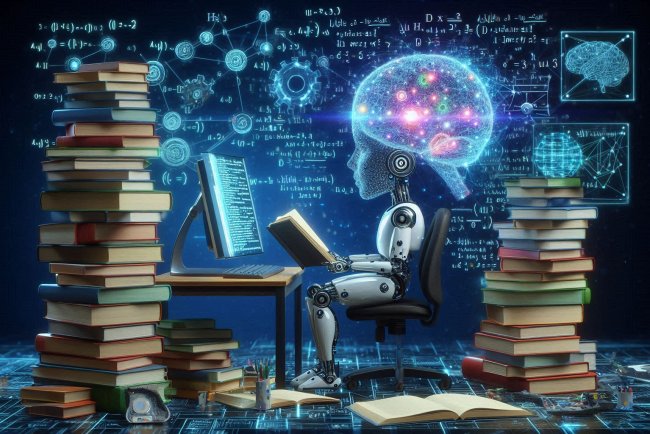AI diplomacy: International collaboration and diplomacy
AI diplomacy: Harnessing artificial intelligence for global cooperation and diplomatic relations. Enhancing communication and negotiation on an international scale.

International Collaboration and Diplomacy
International collaboration and diplomacy play a crucial role in maintaining peace, stability, and prosperity in a globalized world. Countries engage in diplomatic relations and collaborations with each other to address common challenges, foster economic growth, and promote mutual understanding. Here are some key aspects of international collaboration and diplomacy:
Multilateral Organizations
One of the key mechanisms for international collaboration is through multilateral organizations such as the United Nations (UN), World Trade Organization (WTO), International Monetary Fund (IMF), and World Bank. These organizations provide a platform for countries to come together, negotiate agreements, and coordinate efforts on a wide range of issues including security, trade, development, and human rights.
Peacekeeping and Conflict Resolution
International collaboration is essential in peacekeeping and conflict resolution efforts. Countries often work together through the UN or regional organizations to deploy peacekeeping missions, mediate conflicts, and facilitate peace negotiations. Diplomatic efforts play a crucial role in de-escalating tensions and finding peaceful solutions to conflicts.
Economic Cooperation
International economic cooperation is vital for promoting trade, investment, and economic growth. Countries engage in diplomatic negotiations to establish trade agreements, resolve trade disputes, and promote economic development. Economic diplomacy helps countries navigate complex global economic challenges and opportunities.
Global Challenges
International collaboration is crucial in addressing global challenges such as climate change, pandemics, terrorism, and migration. Countries need to work together to find sustainable solutions to these complex issues that transcend national borders. Diplomatic efforts are essential in building consensus, mobilizing resources, and implementing coordinated responses to global challenges.
Cultural Exchange and Soft Power
Cultural exchange and soft power play an important role in international diplomacy. Countries use cultural programs, educational exchanges, and public diplomacy to promote mutual understanding, build trust, and enhance their influence on the global stage. By sharing their cultural heritage and values, countries can strengthen their diplomatic relations and enhance their soft power.
Public Diplomacy and Communication
Public diplomacy and communication are key tools in shaping international perceptions and building positive relations between countries. Governments use public diplomacy strategies to engage with foreign publics, promote their policies and values, and counter misinformation and propaganda. Effective communication is essential in fostering mutual understanding and trust in international relations.
Track II Diplomacy
Track II diplomacy involves non-governmental actors such as academics, think tanks, and civil society organizations in diplomatic efforts. These informal channels of communication can complement official diplomatic channels and provide alternative perspectives and solutions to complex international issues. Track II diplomacy can help build trust, facilitate dialogue, and promote cooperation between countries.
Digital Diplomacy
With the advancement of technology, digital diplomacy has become an increasingly important tool in international relations. Countries use social media, digital platforms, and online communication to engage with foreign audiences, promote their policies, and shape public perceptions. Digital diplomacy can help reach a wider audience, facilitate rapid communication, and enhance transparency in diplomatic efforts.
Conclusion
International collaboration and diplomacy are essential in addressing global challenges, promoting economic cooperation, and maintaining peace and stability in a complex and interconnected world. Countries need to work together through multilateral organizations, diplomatic negotiations, and cultural exchanges to build mutual understanding, trust, and cooperation. By leveraging the power of diplomacy and collaboration, countries can navigate the complexities of international relations and promote a more peaceful and prosperous world.
What's Your Reaction?

















